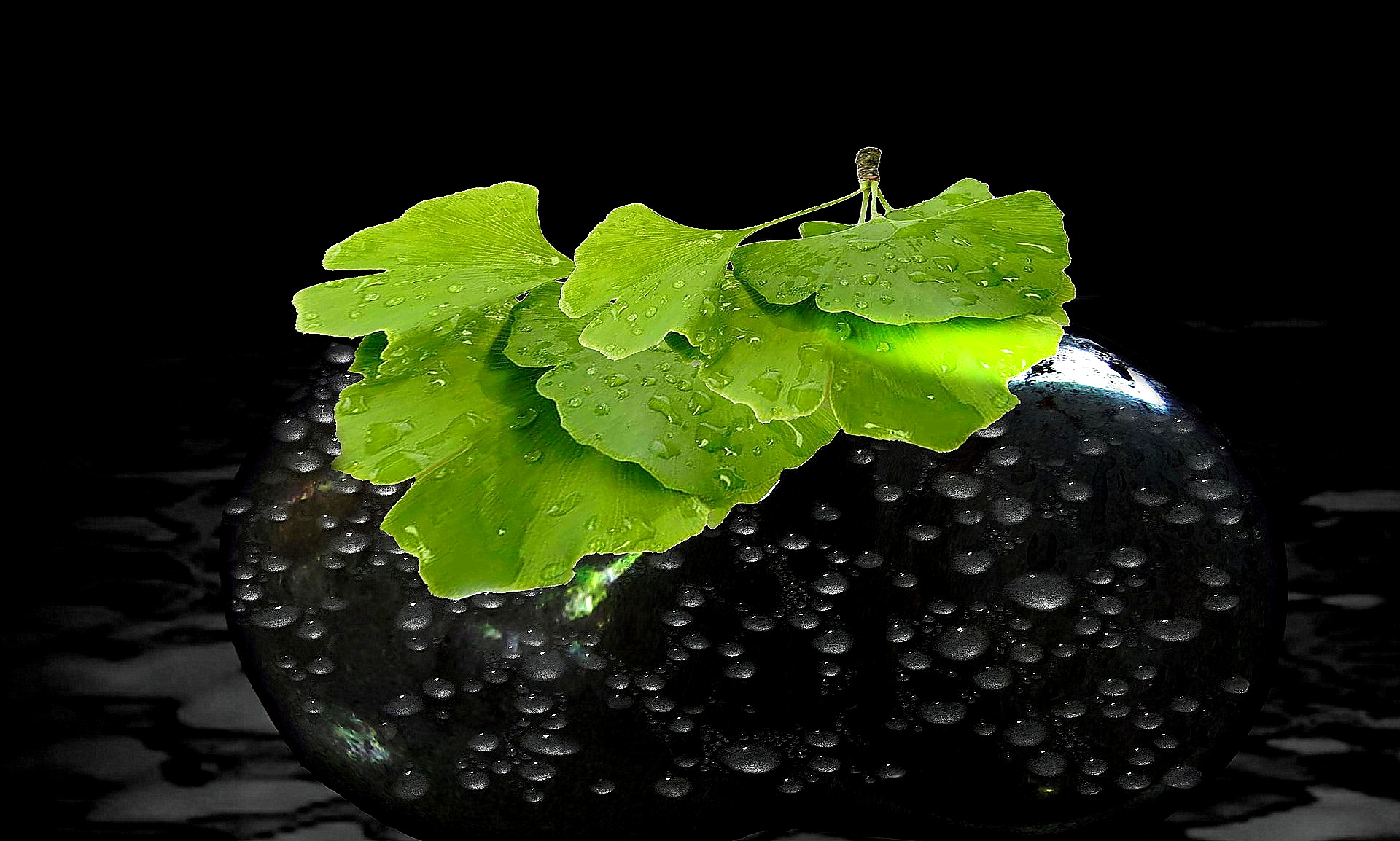“There are more things in heaven and earth, Horatio, than are dreamt of in your philosophy.”
Hamlet, 1st act, 5th scene, William Shakespeare, around 1602

This quote by Shakespeare is often used in discussions about homeopathy. This is intended to express the meaning that science and “orthodox medicine” don’t represent the ultimate wisdom. But what does that mean in concrete terms? Irrespective of whether the natural sciences draw a complete view of the world or whether existentialist questions should be left to philosophy, the admission that we do not yet know everything helps homeopathy no further.
Hahnemann claims in the Organon that homeopathy is an empirical procedure. He developed it by observing nature, he writes. Accordingly, it falls within the remit of the natural sciences (and even explicitly claims to do so).
In most cases, the Hamlet quotation appears when discussing the “increase in effectiveness through dilution” (potentiation). Natural science clearly says: something is lost when diluting – shaking does not help there. The findings on which this statement is based reach deep into our knowledge of atoms and molecular processes. A knowledge that we also use in numerous technical applications and that constantly proves itself in everyday life.
Homoeopathy contradicts this constantly proving knowledge because, without the assumption that something new, lasting and but also and foremost reinforcing would arise during dilution, it cannot get by. Therefore, it is in contradiction to proven knowledge and to known laws of nature. Remember – this is by no means about something “than are dreamt of in our philosophy”, but about a clear incompatibility of basic homeopathic principles with secure, everyday knowledge.
Science and laws of nature are the basis of knowledge, not limitations!
A law of nature is the attempt to describe and explain existing natural facts. That an apple falls from a tree downwards and not upwards follows mechanisms that scientists have fathomed and described, but not created. Natural laws are not negotiable and cannot be circumvented. We are bound to them because we ourselves are a part of nature. Nor can they be wrong – only our knowledge about them can be incomplete or even wrong.
Homeopathy now claims (hypothesises) that it works (beyond a placebo effect). On the contrary, most serious studies show that their effect corresponds to the placebo effect. Moreover, according to the standards of today’s science, homeopathy cannot even say how it could work. Even worse, it presupposes things that, to the best of our knowledge today, are sometimes extremely unlikely, and sometimes – since they violate the laws of nature – are consistently excluded.
Medicine is science
Homeopathy wants to be part of medicine and is, in fact, currently – even in public health – still part of it in some countries as well – formally.
The gain of knowledge in medicine is based on scientific methods. Homeopathy, however, firstly has always completely refused a structured further development, secondly never intended a serious and independent scientific examination (most homeopathy users even consider it superfluous) and thirdly never drew the conclusions from existing scientific studies and scientific progress since Hahnemann’s time.
Faith doesn’t matter in medicine and science
The belief and subjective conviction of homeopaths that their method works do not justify considering it as medicine. So in medicine, homeopathy has no chance by advocating its convictions based on experience and faith – including quoting the Hamlet quote or something of the same meaning. Simply objective and comprehensible arguments, facts and data apply here. Fortunately, because do you know a person who would like to take an antibiotic that the doctor prescribes on his personal whim? Or who would like to be operated on by a surgeon who assures him that his surgical method will be recognized at some point in the future because there are things between heaven and earth … well, you know?
Hamlet proves to be a true scientist
That there are a lot of things between heaven and earth that we don’t know about today (and maybe never will) – that’s a truism. This does not mean, however, that any assertion can be inserted into this gap in good faith. This would not do justice to the Hamlet quote either.
The quotation comes from the first act of Shakespeare’s Hamlet, where the hero reacts to the appearance of his father’s ghost: “There are more things in heaven and earth, Horatio, than are dreamt of in your philosophy”.
Hamlet says it after the ghost orders him to avenge his father’s murder. But he does not speculate at all here, at this point his words are only an expression of (still) unreflected astonishment. Let us remember: At the end of the 2nd act he longs for “grounds, more relative than this (i.e. as the ghost’s message)”. He takes into consideration that the appearance of the Spirit of his Father may “abuse me to damn me”. Yes, he even takes into account that his “weakness and melancholy” makes him particularly susceptible to such deception. And he comes up with the idea of using the drama troupe to make sure that the message of the spirit corresponds to the facts.
The Hamlet quote is therefore by no means a confirmation that one can withdraw to the “unknown” at will, fill it with ideas according to one’s own taste and assert a claim to the truth for it. Quite the contrary – one could interpret Hamlet’s saying in a much more science-friendly way, as a call to make sure one is critical of one’s own perception, in short, to ask the sceptical question: Where’s the proof? Hamlet thus proves to be a true scientist: he wants a solid basis for his decision, which he obtains through a meaningful test of the assertion.
But the Hamlet quote is far too far-fetched anyway. When it comes to homeopathy, we are not talking about any exotic processes far beyond our everyday world. Rather, we talk about familiar and well-known processes: diluting and shaking. We have not the slightest indication that our physics has misunderstood dilution. And that’s a right thing to say. Especially since this complements itself with the overall study situation on homeopathy and its internal contradictions to form a coherent overall picture: homeopathy has no specific medicinal effect and cannot have any.
Anyone who wants to apply homeopathy outside of medicine privately is free to do so. However, it should be remembered that homeopathic potentiation is more absurd than the expectation one falls upwards.


